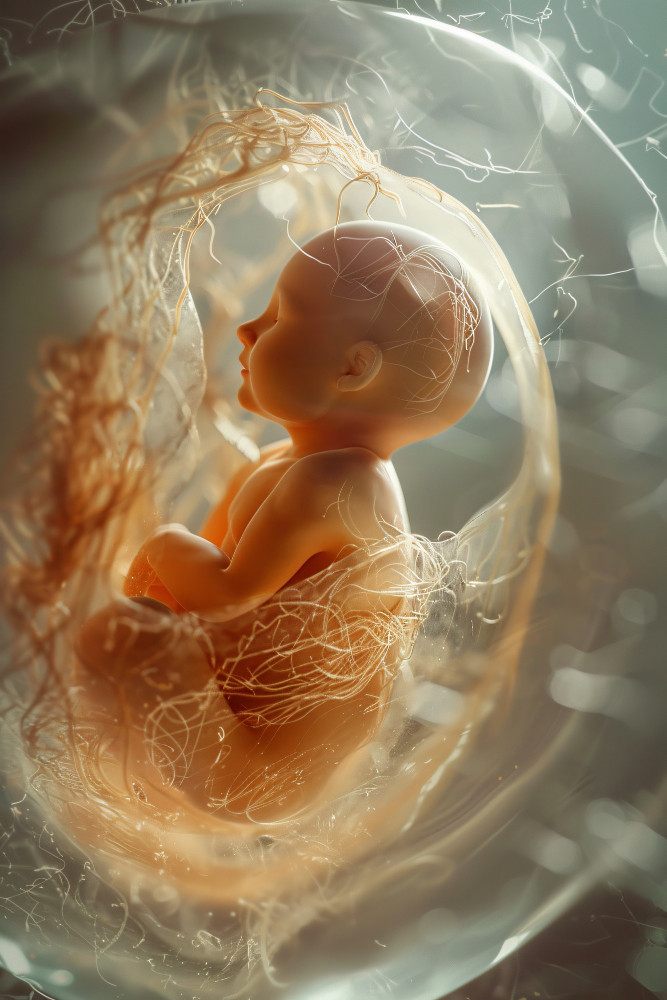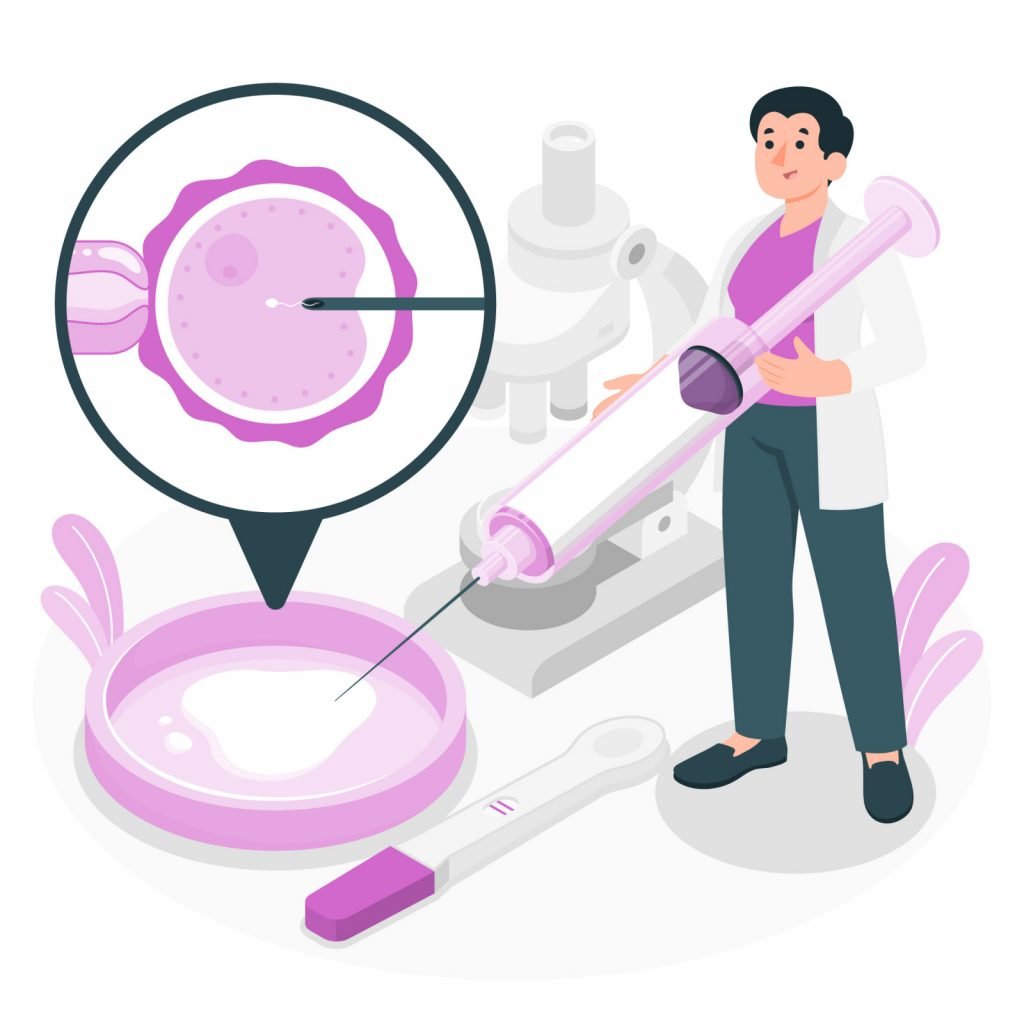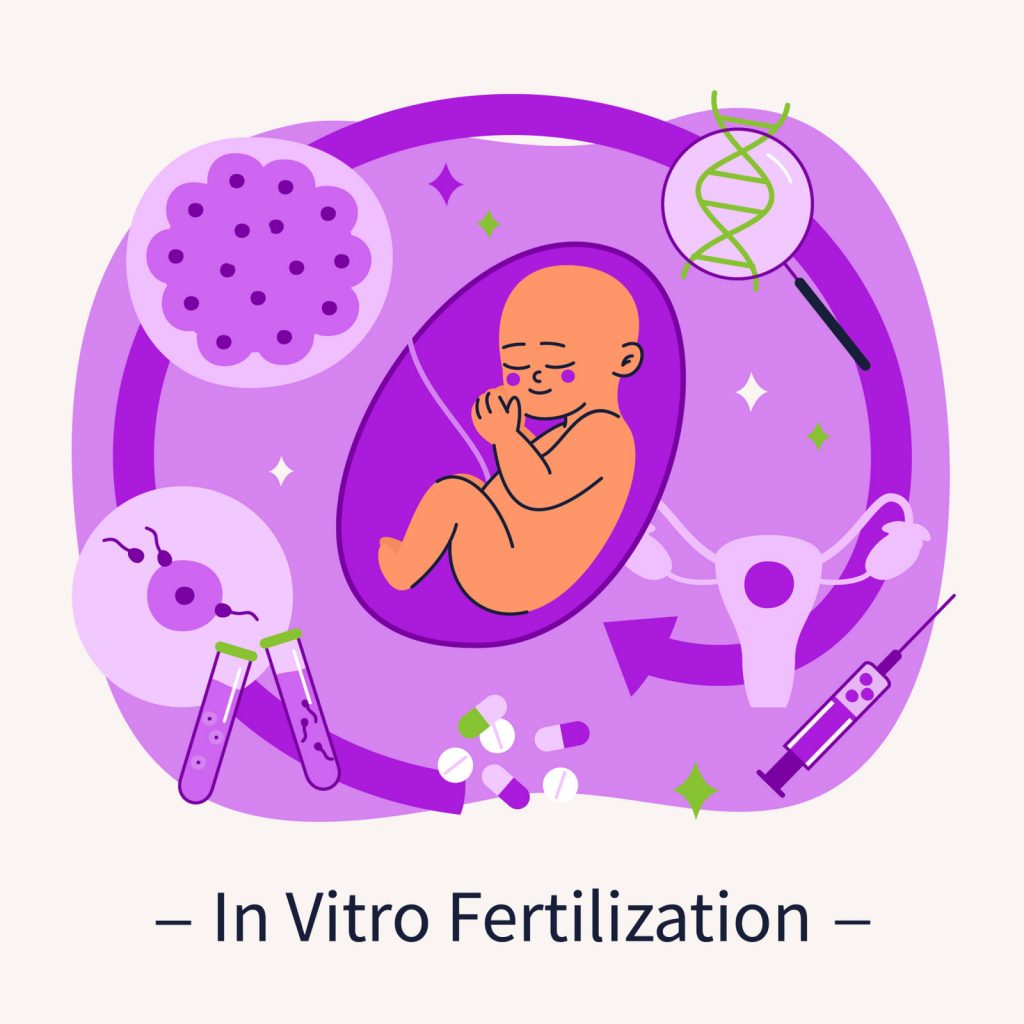How does the automated IVF system differ from traditional methods? What makes the AI-assisted IVF baby such a significant milestone in medical history?
For those who are struggling, starting a family could be made easier, more precise, and less stressful with the help of technology.
That future is closer than ever, thanks to a remarkable breakthrough in fertility treatment. Scientists have taken a big step forward, and it all happened in a lab in Guadalajara, Mexico.
What’s the exciting news? A baby was born using a completely new way of helping couples have children, and it involves artificial intelligence (AI).
This incredible achievement is changing how we think about creating life in a lab. Instead of relying on human hands to do delicate work, a smart machine took charge.
Let’s dive into what this means, how it happened, and why it matters for families everywhere.
AI-Assisted IVF Baby Is the First Born of a 40-Year-Old Mum

For many years, couples who struggled to have a baby turned to a process called in vitro fertilization (IVF).
One common method, called intracytoplasmic sperm injection (ICSI), involves a scientist carefully injecting a single sperm into an egg using a tiny needle.
It’s tricky work that requires steady hands and lots of skill. But now, a team from Conceivable Life Sciences, based in New York and Mexico, has built a system that does all of this automatically.
This new system uses AI to handle every step—23 in total in less than 10 minutes! It picks the best sperm, prepares it, and injects it into the egg with amazing accuracy.
No human hands are needed, which reduces the chance of mistakes. The process was tested at Hope IVF Mexico, where a 40-year-old woman used donor eggs.
Out of five eggs, four were fertilized successfully, and one grew into a healthy embryo. That embryo was frozen, later placed in the mother’s womb, and became a baby boy—the first ever born this way.
Why This Matters

This new technology could be a game-changer for families. Traditional IVF can be tiring for lab workers and sometimes varies depending on who’s doing the job.
An automated system makes things more consistent, so every egg has a better chance of becoming a healthy embryo.
It might also save time and lower costs in the future, making IVF more affordable for people who dream of having a child.
But there’s more to explore. Scientists say they need to do more tests to make sure this method is safe for lots of people.
They want to confirm that babies born this way are just as healthy as those born through older methods.
For now, this birth shows that AI can do complex tasks in a lab, opening the door to new possibilities.
Looking Ahead

What does this mean for the future? Experts believe this is just the beginning. Automation could make fertility clinics more efficient, helping more couples around the world.
It might also lead to other advances, like using AI to check embryos for health problems before they’re used.
While there are still questions to answer, this milestone proves that technology and science can work together to bring new life into the world.
This baby boy, born in Mexico, is a symbol of hope. He shows that even the most delicate processes can be trusted to machines guided by AI.
For families facing fertility challenges, that’s a reason to feel excited about what’s coming next.
